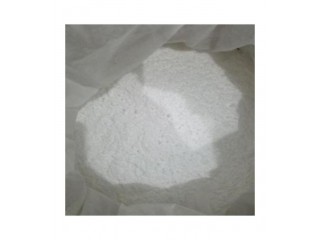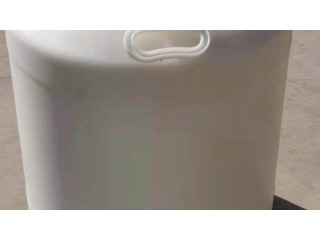Molecular Sieve Powder 3a Cas No 308080-99-1 For Desiccant Dryer - Buy Molecular Sieve Powder 3a,Cas No 308080-99-1,Molecular Sieve Powder 3a Cas No 308080-99-1 For Desiccant Dryer Product manufacturer and supplier from China, Please contact us by Live Chat on the bottom right.
Essential details
| Classification: |
Chemical Auxiliary Agent, Silicate
|
| CAS No.: |
308080-99-1
|
| Other Names: |
Molecular sieves 3A
|
| MF: |
KnNa12-n[(AlO2)12(SiO2)12]xH2O
|
| EINECS No.: |
NO
|
| Purity: |
20%
|
| Place of Origin: |
China
|
| Type: |
Adsorbent
|
| Adsorbent Variety: |
Molecular Sieve
|
| Usage: |
Water Treatment Chemicals
|
|
| Model Number: |
3A
|
| Grade Standard: |
Industrial Grade
|
| Appearance: |
White Powder
|
Supply Ability
| Supply Ability |
100000 Kilogram/Kilograms per Month |
Packaging & delivery
15KGS PER CARTONSHANGHAI,CHINA
Molecular sieve 3A CAS#: 308080-99-1
| Porous crystallinesubstances, especially aluminosilicates(see zeolite), that can be dehydratedwith little change in crystalstructure. As they form regularlyspaced cavities, they provide a highsurface area for the adsorption ofsmaller molecules. The general formula of these substancesis MnO.Al2O3.xSiO2.yH2O,where M is a metal ion and n is twicethe reciprocal of its valency. Molecularsieves are used as drying agentsand in the separation and purificationof fluids. They can also be loadedwith chemical substances, which remainseparated from any reactionthat is taking place around them,until they are released by heating orby displacement with a morestrongly adsorbed substance. Theycan thus be used as cation exchangemediums and as catalysts and catalystsupports. They are also used asthe stationary phase in certain typesof chromatography (molecular-sievechromatography). |
|
| Molecular sieves are a group of adsorptive desiccants which are crystalline aluminosilicates, chemically similar to clays and feldspars, belonging to a class of minerals known as zeolites. The most important characteristic of these materials is their ability to undergo dehydration with little or no change in crystal structure. The dehydrated crystals are interlaced with regularly spaced channels of molecular dimensions, comprising almost 50% of the total volume of crystals. The empty cavities in activated molecular sieve crystals have a strong tendency to recapture the water molecules that have been driven out. This tendency is so strong that if no water is present, they will accept any material that can enter or filter into them. However, only those molecules that are small enough to pass through the pores of the crystal can enter the cavities and be adsorbed on the interior surface. This sieving or screening action, which makes it possible to separate smaller molecules from the larger ones, is the most unusual characteristic of molecular sieves. Molecular sieves are used in many fields of technology to dry gases and liquids. They are also used for selective molecular separations based on such size and polar properties as ion-exchangers, as catalysts and in petroleum industry to remove normal paraffins from distillates. |
|




